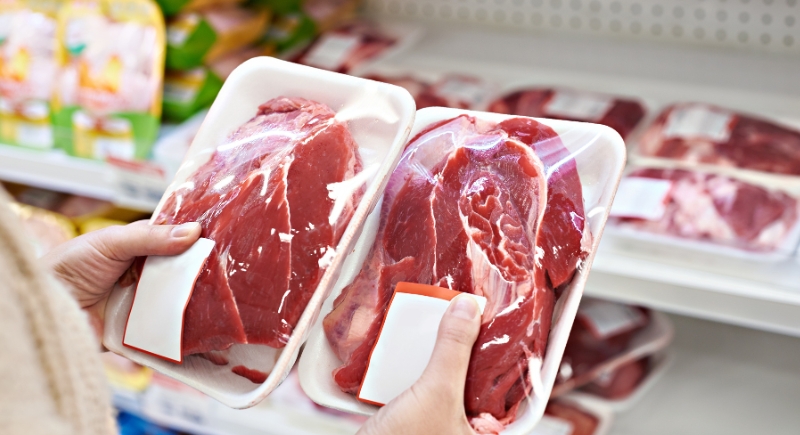Canada Will Soon Start Selling Cloned Meat
Something significant is happening in Canada’s food system, and most people are unaware of it. Health Canada has approved the sale of meat from cloned cattle and pigs, along with their offspring, without requiring labels or special safety reviews. The change means cloned beef and pork can now appear on grocery shelves alongside other products, without consumers ever knowing the difference.
Officials say the science is clear—cloned meat is compositionally identical to conventionally produced meat—but critics argue the issue isn’t safety so much as transparency. When a policy that changes what people eat is introduced with little public discussion, it raises tough questions about trust and informed choice in Canada’s food system.
The Quiet Shift in Regulation

Image via Getty Images/The Palmer
In 2003, Health Canada classified meat from animals cloned via somatic cell nuclear transfer (SCNT) and their offspring as “novel foods,” meaning they couldn’t be sold without rigorous review. However, in 2025, Health Canada proposed, and apparently began implementing, a change that removes cloned cattle and swine products from that category. That means your next dinner meat might come from the progeny of a clone, and you won’t get a label to tell you.
What’s the Science Saying?
If you’re wondering why regulators took this route, Health Canada says food from SCNT-cloned cattle and swine is compositionally indistinguishable from that of traditionally bred animals. In other words, the meat and milk products are safe according to current evidence. The European Food Safety Authority and Japan’s equivalent body reached similar conclusions. That said, goods from cloned goats and sheep remain under the novel-food rules for now.
Next On The Label

Image via Getty Images/sergeyryzhov
If you expect to see a bright “cloned-animal product” sticker on your packaging, you’re likely out of luck. Under the new rules, clones and their offspring may be treated just like any other meat. Some companies, however, are stepping up voluntarily. For example, one Canadian organic pork producer pledged not to use clones in its supply chain and to label accordingly. So if you’re buying meat and you don’t dig the idea of cloning being in the background, then this matters. It might be time for everyone to pay just a little bit more attention to what they’re putting on the grill.